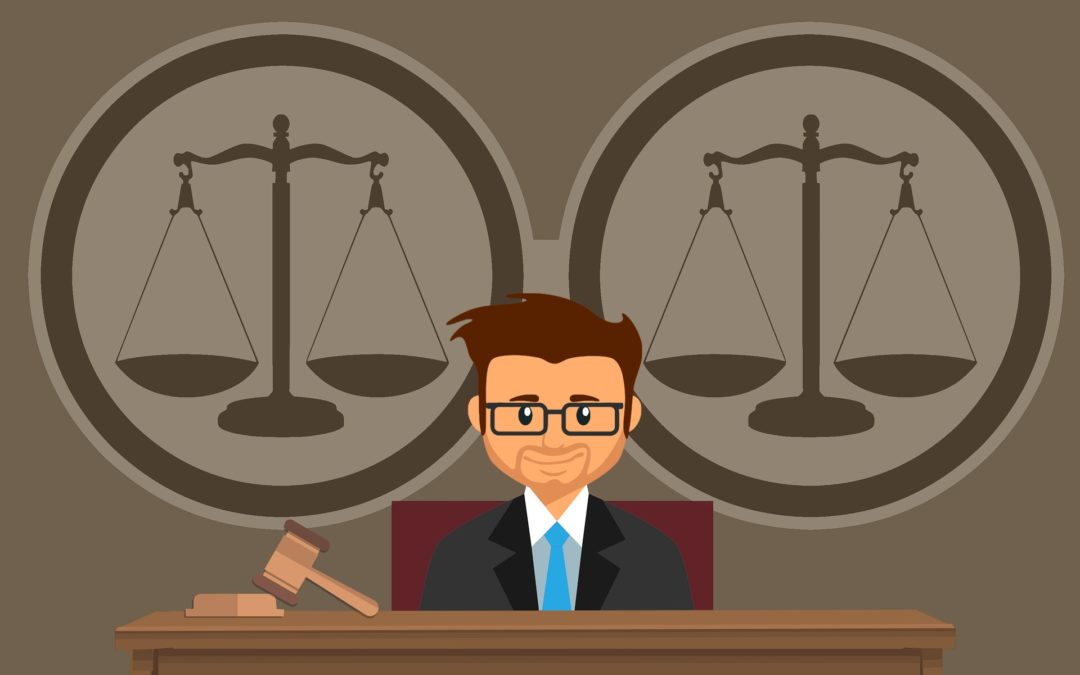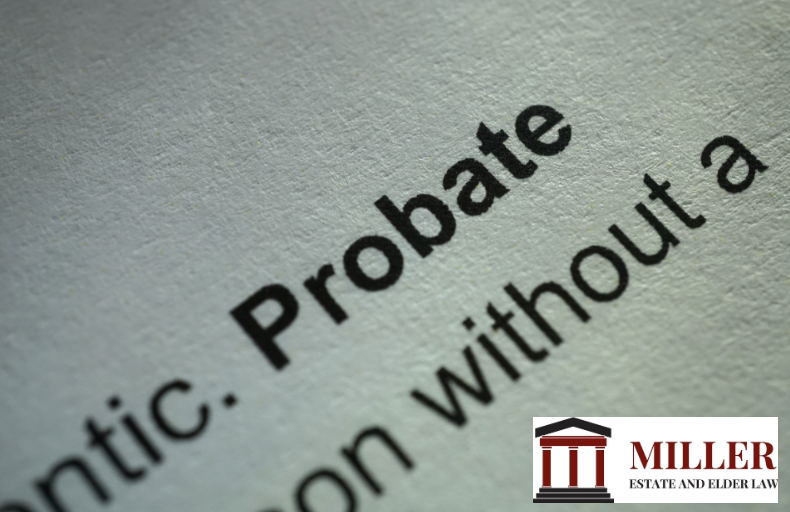
Alabama Deed Transfers: A Spooky Guide to Inheriting Your Deceased Relative’s Home

Key Points:
- The way your relative owned the property (joint or sole owner) determines which process you will need to go through.
- You must create and record a new deed to make the transfer official.
- There are unavoidable costs tied to the process, and the fees will depend on which Alabama county the property lies in.
Inheriting real estate can be both a blessing and a legal nightmare. Navigating the laws and paperwork surrounding Alabama property transfers can be challenging, if not exhausting. But understanding the process will help you avoid chilling mistakes. If you recently inherited property, here is some key information about the steps to transfer a house deed from a deceased person in Alabama.
1. Determine Ownership and Probate Status
If your deceased relative was a joint owner, the property may immediately transfer to the joint tenant if they have right of survivorship. The surviving owner automatically gets full ownership of the property without going through probate.
If your deceased relative was the sole owner, then you must look into their estate plan.
- If the property was included in the deceased relative’s will, the will must go through the probate process in the same county where the property is located. The executor of the will handles the transfer.
- If the property is in a revocable living trust, probate may be avoided entirely. The Alabama property deed will be transferred to the beneficiary outside of court.
- If the relative passed with no estate plan, then the property is intestate. Its ownership will depend on the person’s family structure, determining the line of inheritance.
Essentially, you can transfer inherited property in Alabama without probate if there is a joint tenant or a trust. In some cases, small estates with minimal assets may also qualify for a simplified probate process, but wills and unclear estate plans lead to the lengthy and costly probate process.
2. Prepare a New Deed
Once the property is legally passed to the heir(s), a new deed must be created to officially record the change of ownership unless the deed is jointly owned with right of survivorship. This step applies whether the transfer occurs through probate or outside of it.
You will need to:
- Draft a new deed.
- Include a legal description of the property.
- Have the deed signed and notarized.
- File it with the county probate court or the office of the judge of probate.
3. Pay Applicable Fees and Taxes
You will almost always pay the state-level deed tax, or recordation tax, which varies. Most counties charge $1 per $1,000 in value when recording a deed in Alabama. To complete the Alabama property transfer, the new deed must be recorded with the county, meaning additional county fees apply.
Transferring Property Process
Handling a deceased owner’s property transfer in Alabama can feel scary, but breaking it down into manageable steps makes the process clearer. Understanding the complexities of probate real estate Alabama law is key to ensuring a smooth and legal transfer.
It is always best to do things right the first time, whether you’re dealing with inherited property through probate or seeking to understand how to transfer a house deed from a deceased person in Alabama.
If you’re unsure about any part of the process, especially when drafting a new deed or determining probate requirements, it’s best to consult with an experienced estate or real estate law professional to avoid making grave mistakes.
Contact Miller Estate and Elder Law
If you’re dealing with a deceased relative’s deed situation or managing inherited property in Alabama, don’t navigate it alone. Contact us today to get guidance on the steps to transfer a house deed from a deceased person in Alabama or for help transferring inherited property in Alabama without probate, when possible. We’re here to help with all your Alabama property transfer needs.
Remember, you are not alone, and seeking help is a sign of strength and dedication to your spouse’s well-being. Call us at (256) 251-2137 to discuss your legal needs, or get in touch with us by completing the brief form below.




